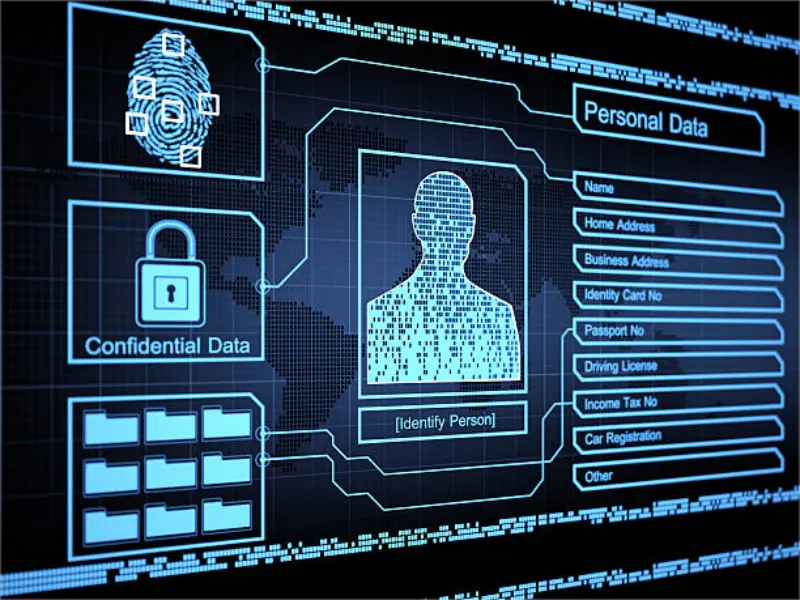- Encryption enhances security by making data unreadable to unauthorised users, thereby ensuring privacy and confidentiality.
- Weakening encryption by creating backdoors can jeopardise both individual privacy and wider national security.
- Strong encryption is essential to protect children online and to support the growth and security of the digital economy.
Around the world, cyber-attacks threaten national security and democracy. That’s why encryption is important: it’s the foundation of trust online and one of the best tools we have to keep our private communications and digital infrastructure secure. Encryption not only protects data from unauthorised access, it also supports compliance with privacy laws and builds public trust in digital services.
As technology advances, the role of encryption will only increase, with new challenges and solutions emerging in the fields of quantum computing and AI, making continuous updates to encryption methods essential for future security.
1. The inherent security of encryption
Encryption secures data by transforming it into an unreadable format that can only be accessed with a specific key. Creating backdoors for law enforcement or government access inherently compromises this security, as any vulnerability introduced can also be exploited by unauthorised parties, including cybercriminals.
2. Impact on human rights and democracy
Encryption is essential to protect democratic values by securing private communications and personal data. Weakening encryption through legislation that allows for exceptional access risks the privacy and security of individuals who rely on secure communications, such as journalists and activists in sensitive or repressive environments.
3. Encryption and privacy
Strong encryption protects both privacy and security, dispelling the myth that these concepts are mutually exclusive. Encryption ensures that personal and organisational data is protected from unauthorised access and manipulation, thereby enhancing both individual privacy and collective security.
4. Surveillance in the digital age
Modern technology provides extensive surveillance capabilities, far from the notion of ‘going dark’. Authorities have more data at their disposal than ever before, making the argument for weakening encryption to expand surveillance capabilities unnecessary and counterproductive.
5. Criminal use of encryption
Restrictions on encryption do not prevent criminals from using encrypted services; they simply move to other platforms or create their own. This shift does not stop criminal activity, but rather removes it from the reach of law enforcement while compromising the security of the general public.
Also read: Ensuring data protection in Cloud Connect services
6. Protecting children
Strong encryption is essential to keeping children safe online by ensuring that their communications and data are not exposed to potential harm. It enables platforms to securely verify identities and protect sensitive information, which is critical to keeping minors safe in digital spaces.
7. Traceability and its risks
Implementing traceability in encrypted services compromises anonymity and privacy, leading to a chilling effect on free speech and democratic engagement. Traceability is of limited use in combating disinformation and can undermine fundamental human rights.
8. National security and encryption
Far from compromising national security, strong encryption is its backbone. It protects critical infrastructure, sensitive government communications and national defence mechanisms from cyber threats, thereby enhancing rather than undermining national security.
Also read: Why you need to understand the seriousness of data leaks
9. Economic impact of encryption
Encryption underpins the digital economy by securing transactions and protecting personal data, fostering consumer trust and promoting digital innovation. It plays a critical role in preventing data breaches and minimising the economic impact of cyber incidents.
10. Law enforcement alternatives to breaking encryption
Modern law enforcement does not require the weakening of encryption to be effective. Traditional methods such as physical surveillance, informants and analysis of unencrypted data are still effective. Weakening encryption would compromise overall security for minimal gains in law enforcement capabilities.

